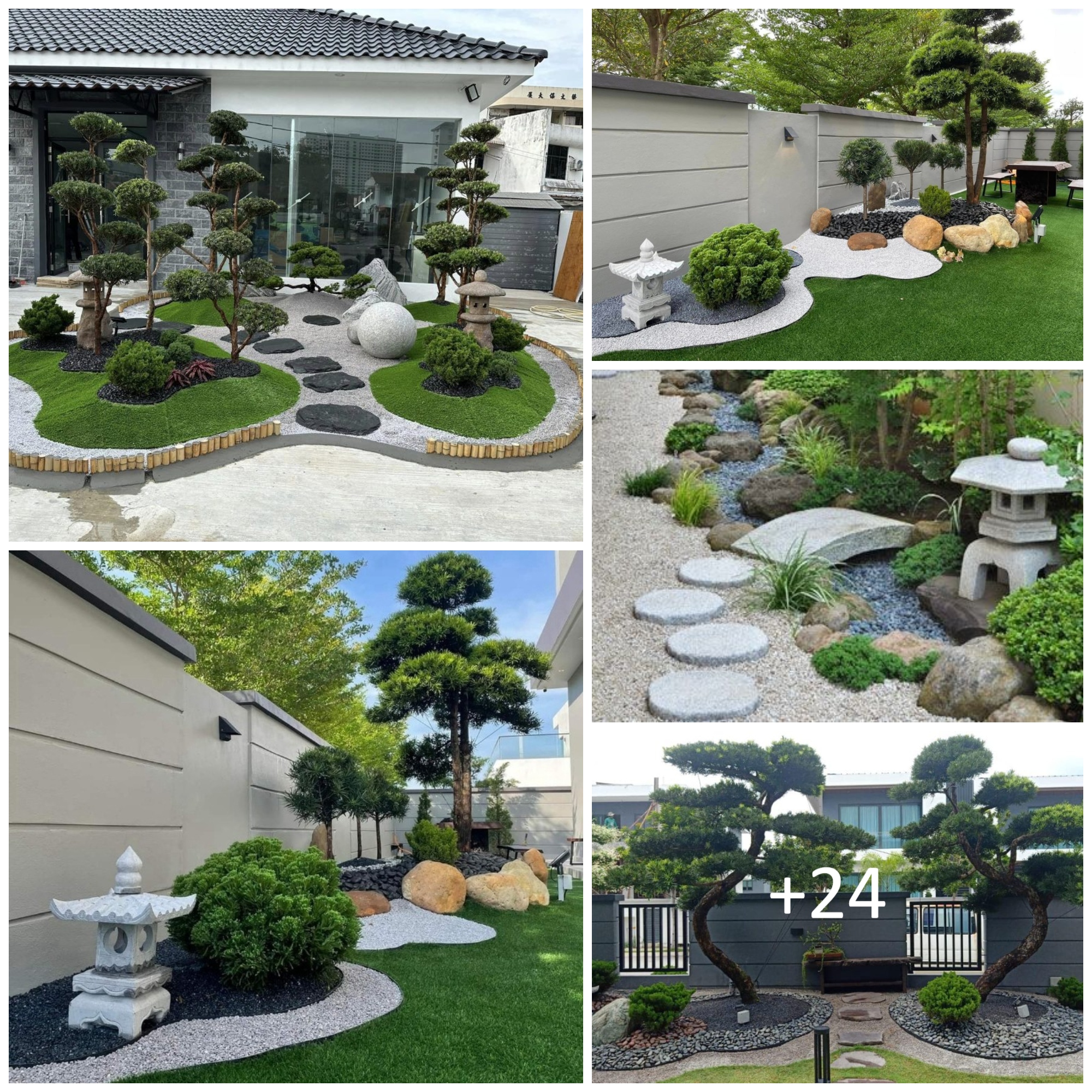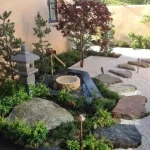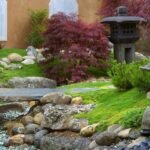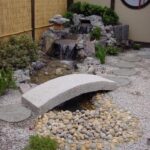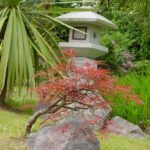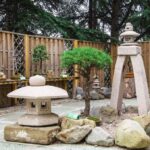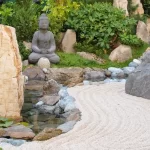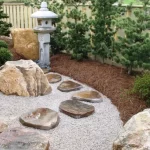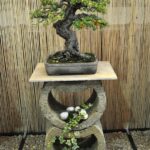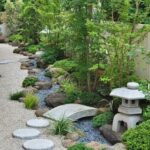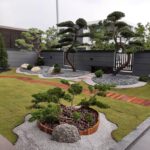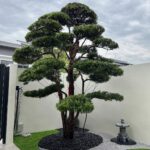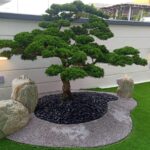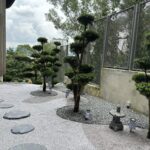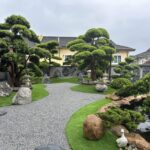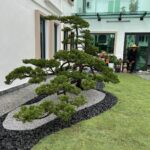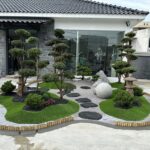Japanese gardens have long been admired for their simple yet elegant design that creates a sense of tranquility and harmony with nature. These gardens are a perfect example of how minimalism and mindfulness can be incorporated into every aspect of life, including landscaping.
One of the key elements of Japanese garden design is the concept of wabi-sabi, which celebrates imperfection and impermanence. This philosophy is reflected in the use of natural materials such as stone, gravel, and bamboo, as well as the deliberate inclusion of asymmetry and simplicity in the design. By embracing these imperfections, Japanese gardens offer a sense of timelessness and honesty that is often lacking in more modern landscapes.
Another important aspect of Japanese garden design is the careful consideration of scale and proportion. Rocks and trees are strategically placed to create a sense of balance and harmony, with smaller elements like lanterns and water features used to create focal points within the garden. This attention to detail helps to create a serene and contemplative atmosphere that encourages mindfulness and introspection.
Water is also a key component of Japanese garden design, with ponds, streams, and waterfalls used to create a sense of movement and fluidity within the space. Water is often incorporated in such a way that it reflects the surrounding plants and structures, creating a sense of unity and continuity between the different elements of the garden.
Plants are carefully chosen for their symbolic meanings and ability to thrive in a Japanese garden setting. Pine trees, bamboo, and cherry blossoms are commonly used, as they are thought to represent longevity, resilience, and beauty. Moss is also a popular choice for ground cover, as it adds a softness and texture that complements the hard lines of the rocks and hardscape elements.
Overall, Japanese gardens are a beautiful expression of the connection between humanity and nature, and offer a timeless and tranquil sanctuary for reflection and relaxation. By drawing inspiration from these gardens, homeowners can create their own peaceful oasis that embodies the principles of simplicity, harmony, and balance. Whether small or large, a Japanese-inspired garden can provide a sense of serenity and connection to the natural world that is truly priceless.
 redboth.com Decoration ideas for your home
redboth.com Decoration ideas for your home
